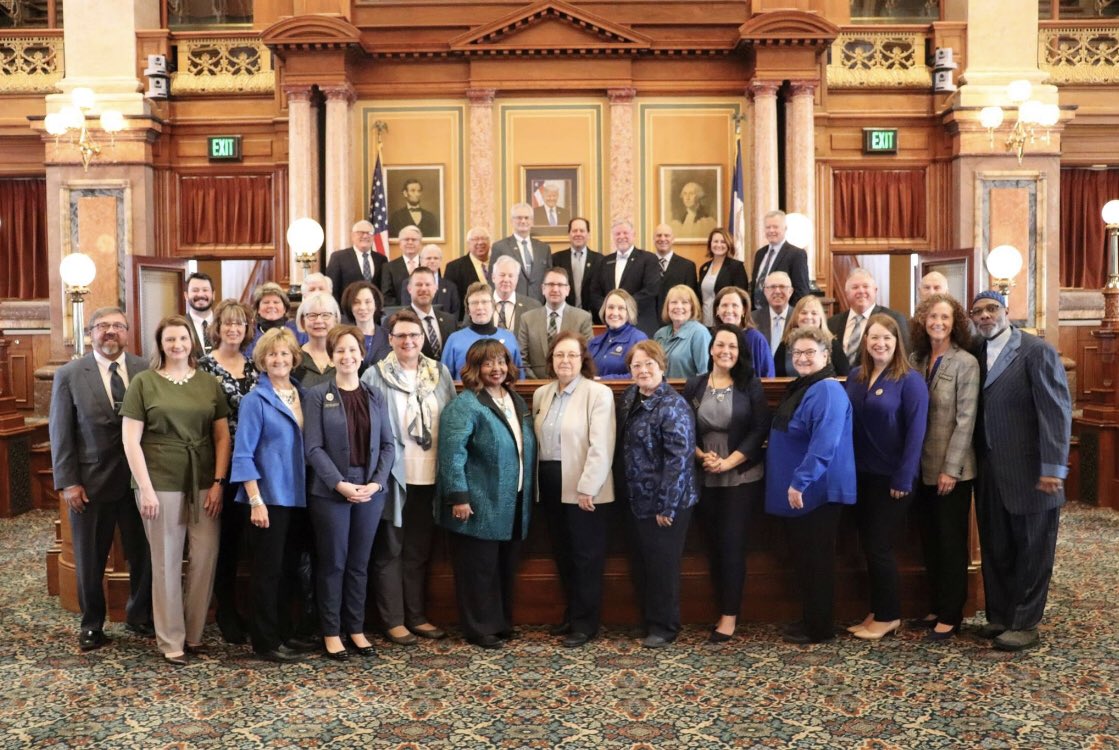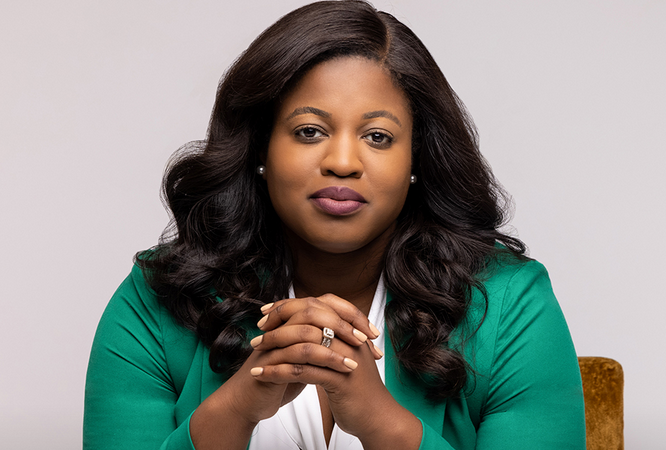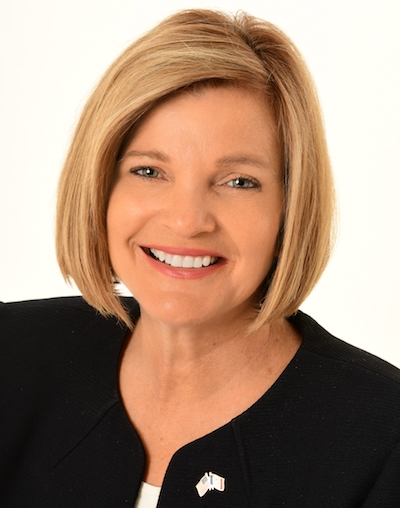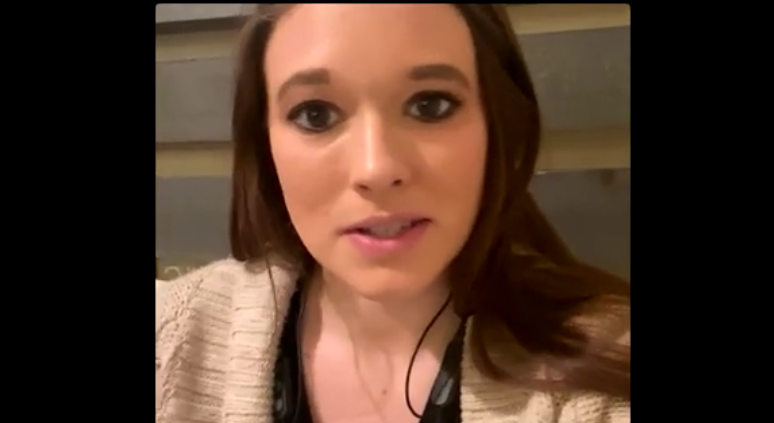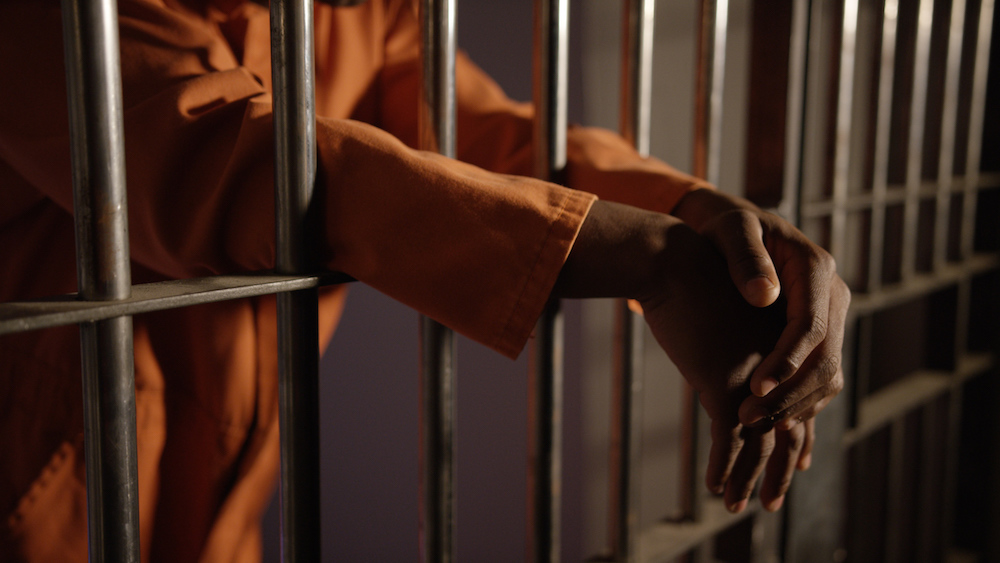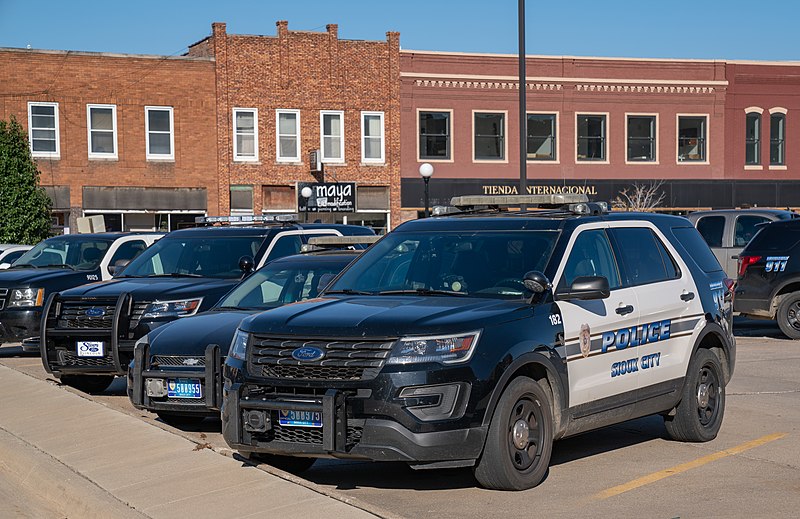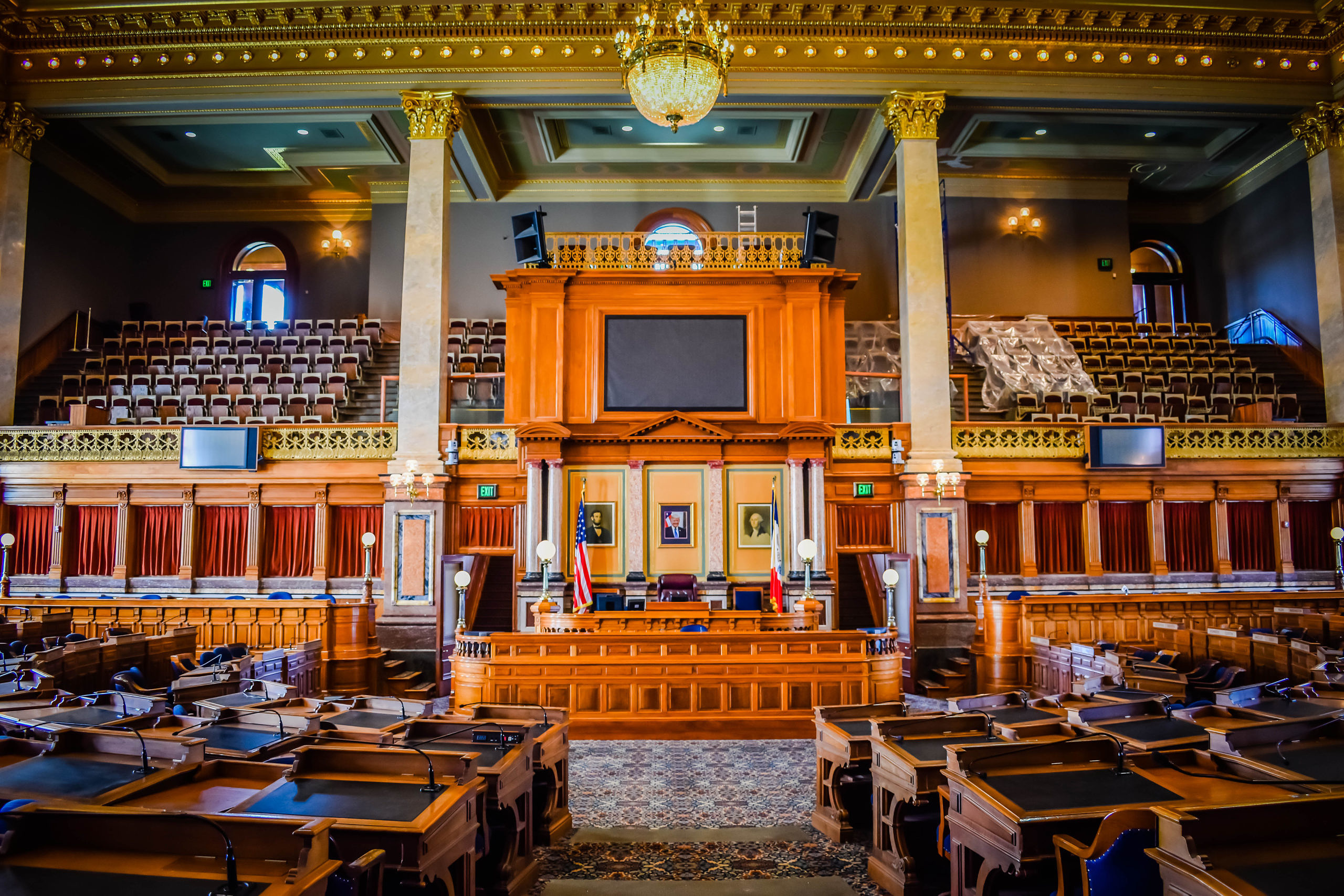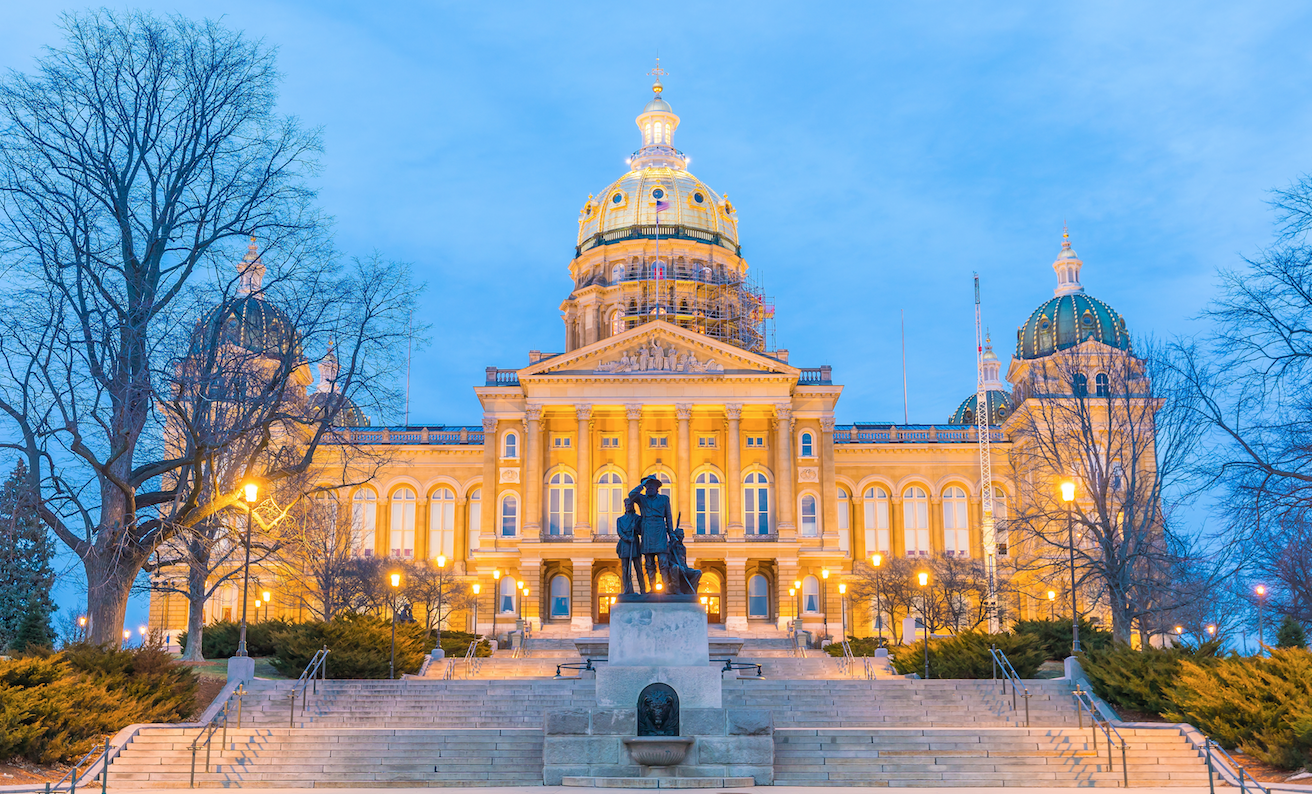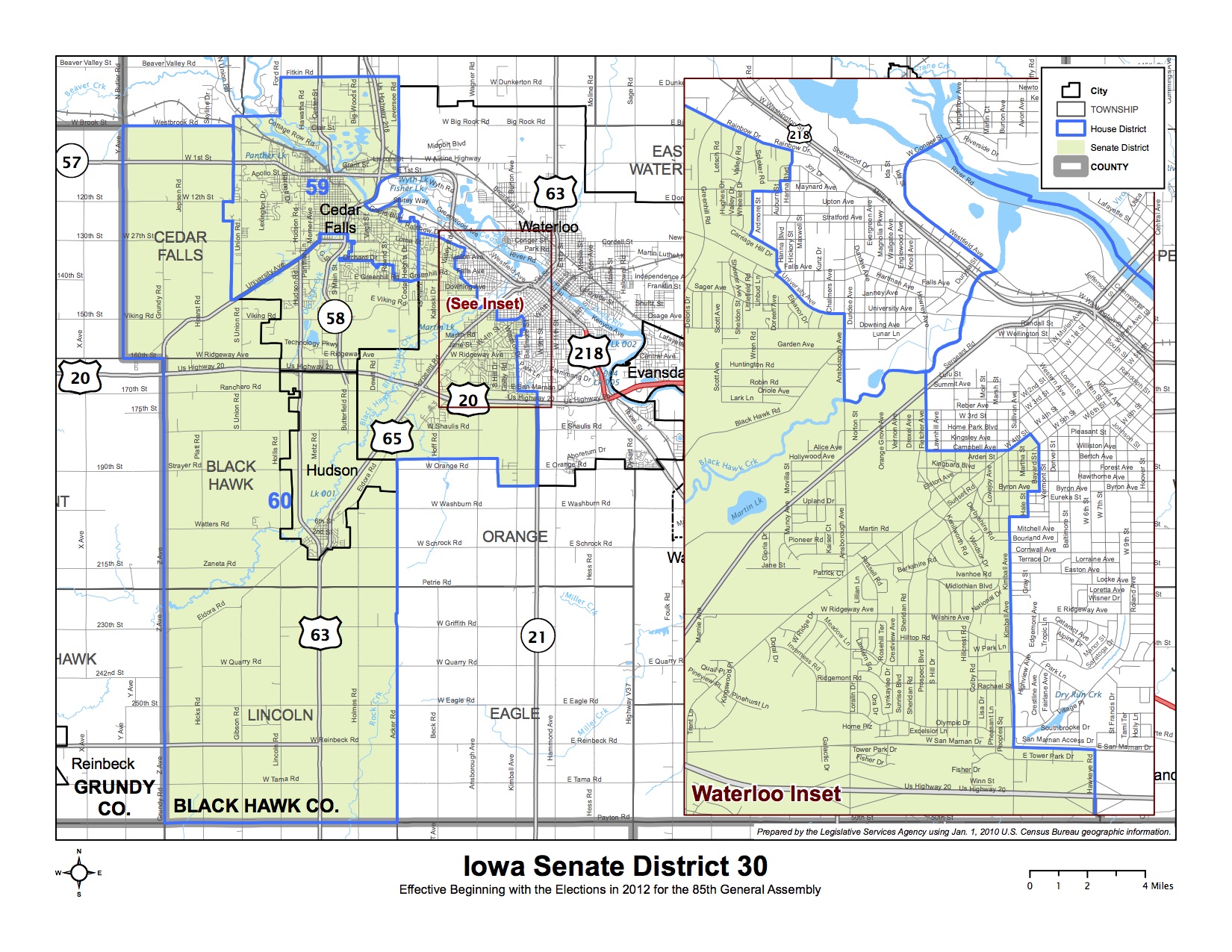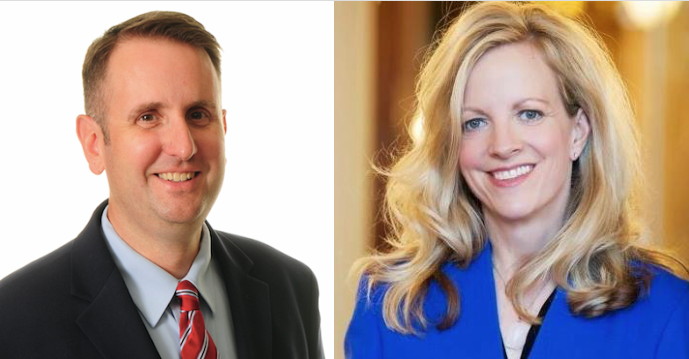UPDATE: Charlie McConkey became the sixteenth House Democrat to confirm he won’t seek another term. Original post follows.
Nearly 40 percent of the Democrats who now serve in the Iowa House have confirmed they won’t seek re-election this year, and several long-serving incumbents have yet to clarify their plans.
The exodus involves not only lawmakers of retirement age, like State Representatives Marti Anderson and Bruce Hunter, but also some who have decades left in their working lives, like State Representatives Ras Smith, Chris Hall, and Kirsten Running-Marquardt, the latest to announce she won’t continue serving in the legislature.
The unusually high turnover may reflect some pent-up demand; older lawmakers who might have retired a few years ago hung on in light of realistic hope that their party could regain control of the chamber in the 2018 or 2020 elections. That prospect seems remote now, with Republicans enjoying a 60-40 majority and the new political map creating fewer than ten strong pickup opportunities for House Democrats.
Continue Reading...
